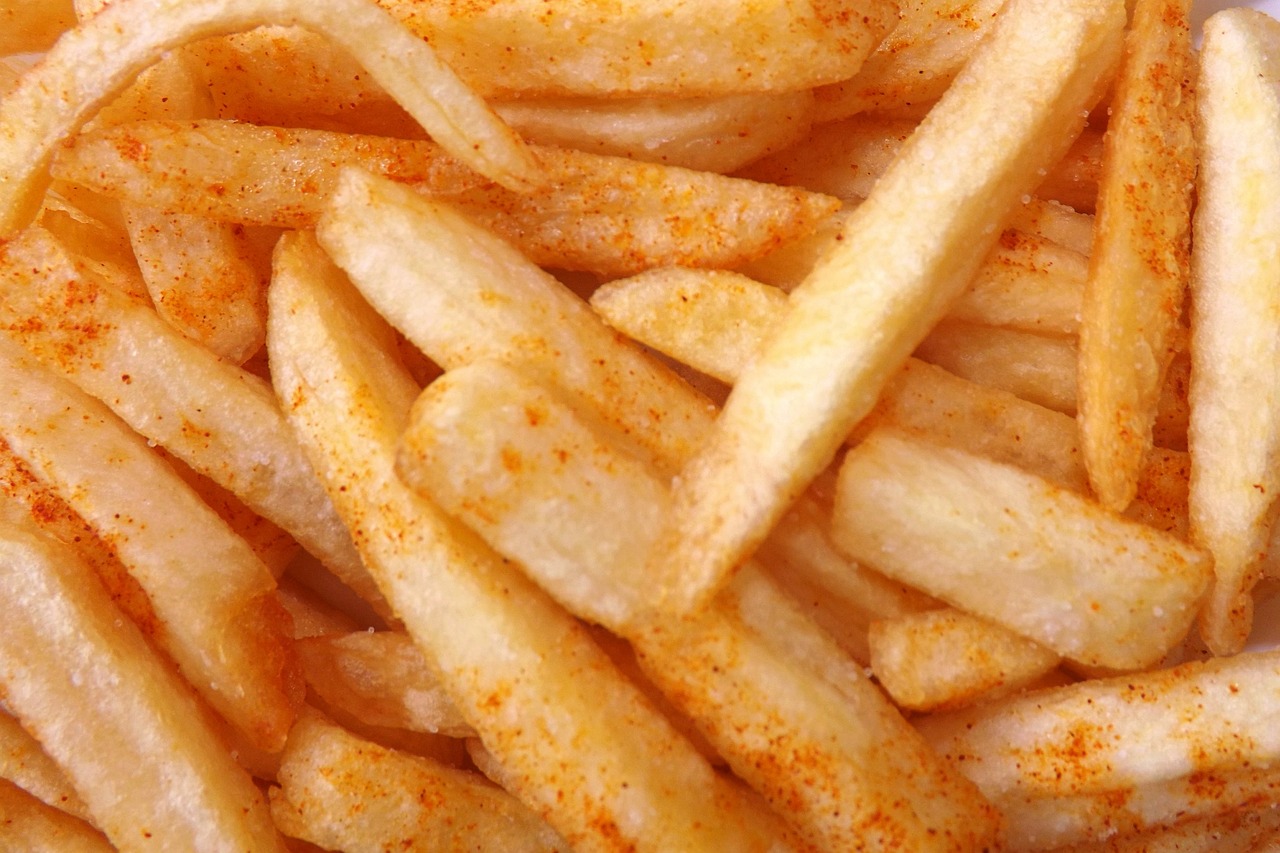The Turkish Cypriot police on Tuesday arrested a 56-year-old man at the Deryneia crossing point after he had attempted to smuggle 410kgs of frozen chips from the Republic to the north.
The chips were found alongside 22kgs of frozen chicken, which the man was also attempting to smuggle to the north.
Meanwhile, a 40-year-old man was arrested in Mia Milia on Tuesday night police found 640kg of beef and lamb meat which had been smuggled into the north from the Republic on the back of his pickup truck.
Questioned by police on the meat’s origin, he said he had found it on the side of the road near Louroujina and taken it for himself.
However, police said they had subsequently searched the man’s house, and found a further 10kg of meat inside his freezer. The man said he had found the meat left outside his front door and put it in his freezer.
The subject of meat has been a hot topic in the north all year, with farmers having spent a week protesting outside ‘government’ buildings at the end of May against plans to import meat from abroad with the aim of driving down prices.
The latest meeting between farmers’ representatives and the ‘government’ took place earlier this month and ended without result, with 21 tonnes of imported New Zealand lamb having already arrived from the Netherlands.
The north’s ‘prime minister’ Unal Ustel had said the decision had been taken for meat to be imported after there had been a large number of arrests made and fines levied against Turkish Cypriots who attempted smuggle meat to the north from the Republic, though this week’s evidence suggests meat is still being smuggled across the Green Line.
He expressed concern that Turkish Cypriots were buying “meat of unknown origin from southern Cyprus”, and that instead, the north would begin importing meat which complies with “EU standards”.
In any case, at present, the Green Line regulation prohibits the movement of animals and animal products from one side of Cyprus to the other.
The decision to import meat had been announced halfway through May in reaction to the high price of meat in the north, but also after attempts to implement price controls had also failed.
The ‘government’ had in April implemented price controls on lamb meat, decreeing that it be sold for no more than 550TL (€15.89 at the time) per kilogram, but butchers then implemented service fees to sidestep the regulation.
The fee typically ranged between 10 and 15 per cent of the retail price of the meat, thus effectively allowing butchers to charge more.
Previously, butchers had slaughtered two lambs in protest against their loss of custom, and demanded that the north’s ‘government’ “find a solution” to allow meat to be sold at a price range in line with prices in the Republic.







Click here to change your cookie preferences